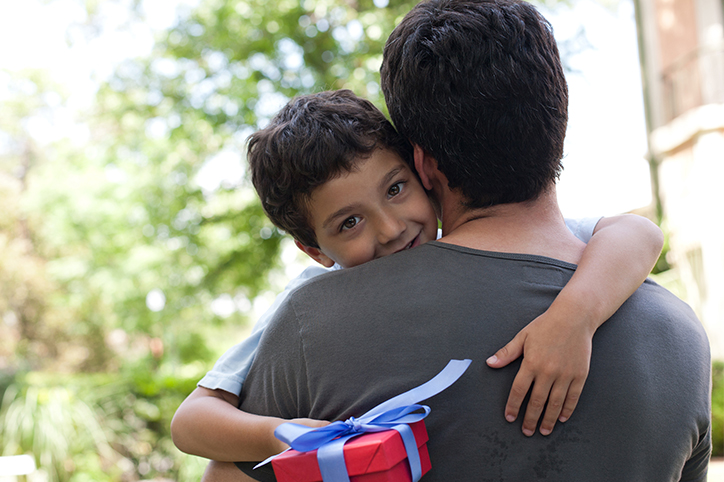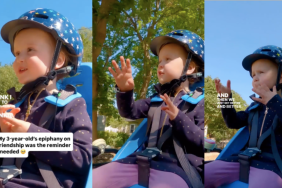I remember when my first son was little, his Christmastime excitement filled the house with joy. We’d pile up presents in a reckless heap to appear even more impressive to a small child and come Christmas morning he would eagerly rip into them, exclaiming loudly at all the toys, books and clothes. Even new underwear would get a squeal of approval, with his signature holiday phrase at the time: “It’s what I always wanted!”.
I took great pride in his reactions to his gifts. I was raised by a single parent and money was tight. I learned early on not to take things for granted, and this is a value I very much wanted to instill in my own children. I can’t tell you how many times I’ve seen children rip into their gifts and toss them aside without even a “thank you”, eager to dive into the next thing.
But saying thank you just because they know adults expect to hear it isn’t enough. It can be an empty phrase that kids use to get to the next gift. Without sounding preachy, I want my kids to really think about why they appreciate gifts that are given to them. Is that asking too much? Maybe – but I’m willing to try. Because what’s the worst that can happen?
When it comes to the holidays, many of us feel the sting of the high price tag associated with trying to give our kids the things they want. A lot of parents are fighting back against consumerist culture with a minimalist lifestyle and choosing gifts of experience over material items. And many parents are also using the holidays to try to teach their kids about giving back and gratitude.
The concept of gratitude can be difficult for children. Many of us take what we have for granted or remain fixated on the things we don’t have. However, there are a lot of benefits that come from being grateful. Gratitude can help people feel happier, have more empathy, and get along better with others.
All I want for Christmas is to have grateful kids. Ones that can recognize the value of the things they have, and feel genuine appreciation for them. To achieve this, we try to think about gratitude year-round, and not just in the context of gifts. Kids can develop gratitude by helping others, and by saying thank you. And meaning it – not just reciting a simple phrase that they know adults expect to hear. They can learn by being generous themselves, and by understanding that not everyone has the same things.
There are many things I would love to see my kids become. I want them to be kind, strong, and happy. And I would love to see them become grateful people too. People who are thankful for what they have, and can recognize the value of being appreciative.








